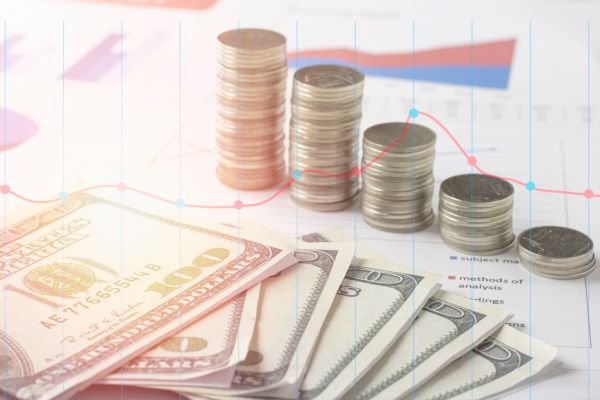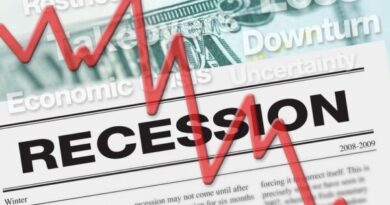Understanding Wealth Distribution: A Key to Economic Equity
Wealth distribution refers to the way assets, resources, and income are allocated among individuals, households, or groups within a society. It is a crucial factor in shaping the economic and social dynamics of any nation. A fair and balanced wealth distribution promotes economic stability, reduces poverty, and fosters social cohesion.
Why Wealth Distribution Matters?
Inequitable wealth distribution can lead to significant social and economic challenges. When wealth is concentrated in the hands of a few, it can hinder economic growth, increase poverty levels, and fuel social unrest. On the other hand, equitable wealth distribution enhances opportunities, supports economic mobility, and strengthens the middle class, which is often considered the backbone of any thriving economy.
Factors Influencing Wealth Distribution:
- Economic Policies: Tax systems, minimum wage laws, and social welfare programs significantly impact how wealth is distributed. Progressive tax systems, for instance, help reduce income inequality.
- Education and Skill Development: Access to quality education and skill-building opportunities determines earning potential and wealth accumulation.
- Globalization and Technology: While these factors drive economic growth, they can also widen the wealth gap by disproportionately benefiting those with access to resources and technology.
- Inheritance and Property Ownership: Wealth passed down through generations often contributes to existing disparities, as property and financial assets remain concentrated within certain groups.

Global Wealth Distribution Trends:
Globally, wealth distribution patterns reveal stark inequalities. According to recent studies:
- The wealthiest 1% of the global population controls nearly 50% of the world’s wealth.
- Emerging economies are experiencing rapid growth, but wealth remains concentrated in urban areas, leaving rural populations behind.
- Gender disparities persist, with women owning significantly less wealth than men worldwide.
Solutions for Equitable Wealth Distribution:
- Progressive Taxation: Implementing higher taxes on the ultra-wealthy to fund public services and welfare programs.
- Universal Basic Income (UBI): Providing a guaranteed income to all citizens to reduce poverty and ensure a basic standard of living.
- Access to Education: Expanding access to affordable and quality education to bridge the skill gap and create equal opportunities.
- Financial Inclusion: Ensuring that marginalized communities have access to banking, credit, and investment opportunities.
- Promoting Gender Equality: Addressing the systemic barriers that limit women’s economic participation and wealth ownership.
The Role of Businesses and Individuals:
Businesses play a pivotal role in promoting equitable wealth distribution by adopting fair labor practices, offering competitive wages, and contributing to community development. On an individual level, supporting local businesses, advocating for social justice, and engaging in philanthropy can contribute to a fairer society.
FAQs About Wealth Distribution
Q: What is the difference between income distribution and wealth distribution?
A: Income distribution refers to how earnings are spread among individuals or groups, while wealth distribution focuses on the allocation of assets, such as property, savings, and investments.
Q: How does wealth inequality impact economic growth?
A: Wealth inequality can hinder economic growth by reducing consumer spending, limiting opportunities for lower-income groups, and increasing social tensions.
Q: What is the Gini coefficient, and how does it relate to wealth distribution?
A: The Gini coefficient is a measure of inequality within a population, where 0 represents perfect equality and 1 indicates extreme inequality. It is often used to assess wealth distribution.
Q: Can wealth distribution ever be completely equal?
A: While complete equality is unlikely due to varying skills, opportunities, and choices, striving for a more equitable distribution can improve overall societal well-being.
Q: What role do governments play in wealth distribution?
A: Governments influence wealth distribution through policies such as taxation, social welfare programs, education funding, and labor laws.
Conclusion:
Wealth distribution is a critical aspect of building a fair and prosperous society. By addressing the root causes of inequality and implementing strategies for equitable distribution, we can create a world where everyone has the opportunity to thrive. Whether through policy changes, community initiatives, or personal contributions, every step toward reducing wealth disparities strengthens the fabric of society.





